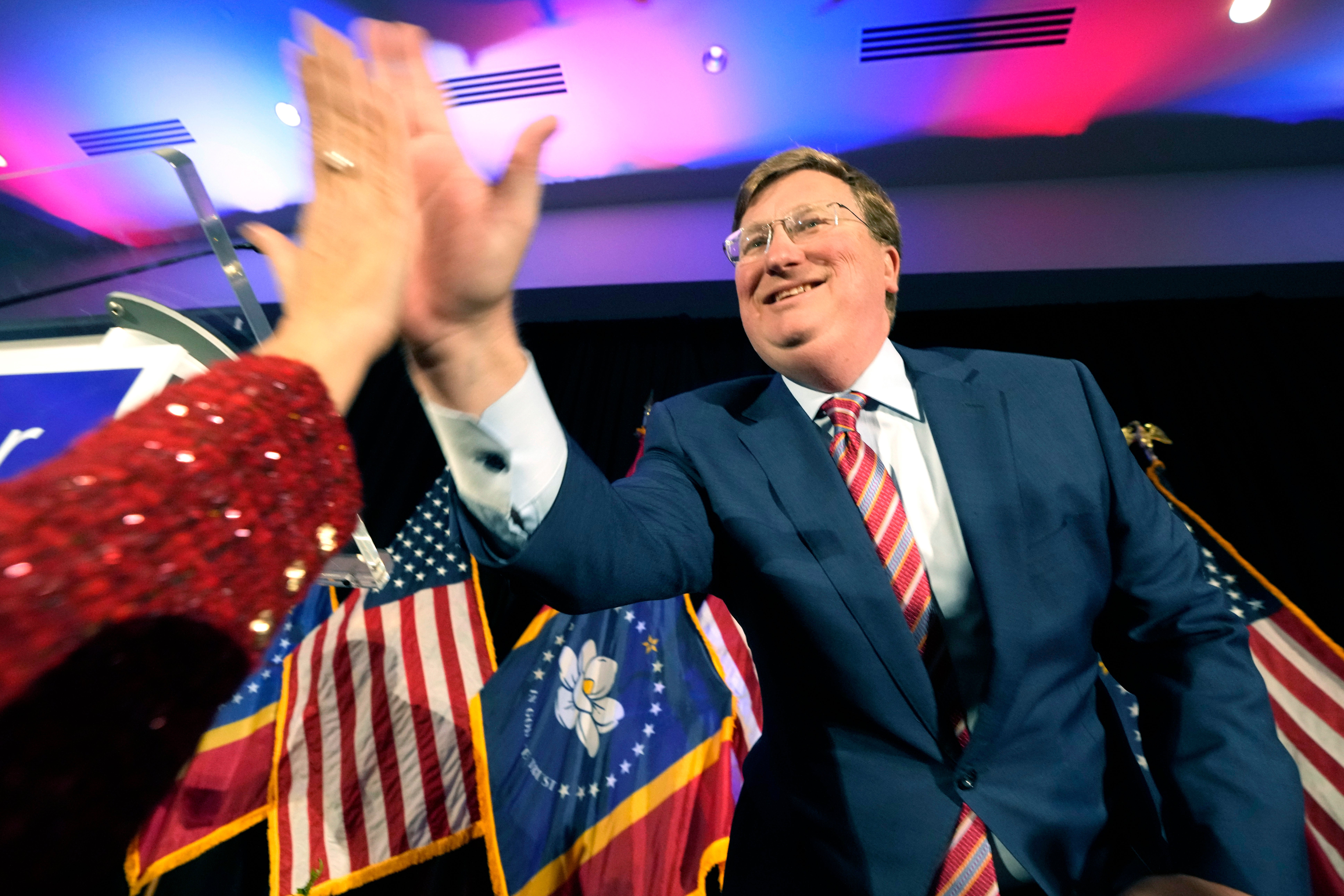“If there is going to be peace and legislation, there cannot be war and investigation,” Trump said.
The line landed with a thud — and even a smattering of laughs — but the president didn’t appear bothered. The offer wasn’t a serious pitch, but a preview of how Trump plans to defend himself in the difficult months to come. With the special counsel probe nearing its end and newly empowered House Democrats just getting started, the president is bracing for a flurry of subpoenas, high-profile hearings and political recriminations.
Trump’s third address to Congress came at perhaps the most vulnerable moment yet of his two-year presidency, troubled by unfulfilled promises, encroaching investigations and a splintering Republican Party.
With Trump haunted by fallout from the longest government shutdown in history and facing the potential of another one next week, his message to lawmakers was an attempt to seize the high ground ahead of a contentious re-election fight and looming oversight probes.
“An economic miracle is taking place in the United States — and the only thing that can stop it are foolish wars, politics or ridiculous partisan investigations,” Trump said.
Trump, who successfully ran against Washington in 2016, is gearing up to paint Democrats as purveyors of the “politics of revenge, resistance and retribution.”
It’s a gambit that delighted Republicans in the room, who long ago tired of Trump’s combative approach toward opponents and investigators. But the strategy appeared destined to last for one night only — and couldn’t have found a more unlikely promoter.
Trump has hardly held back against Democrats in recent days. Hours before the speech, he assailed Senate Minority Leader Chuck Schumer after the New York Democrat criticized him. Trump said Schumer was “upset that he didn’t win the Senate, after spending a fortune, like he thought he would.” Earlier in the week, in an appeal for border security, Trump argued that “Dems do nothing.”
And Trump had warned in November that if Democrats move on his tax returns and seek to stymie his presidency under investigations, “then we’re going to do the same thing and government comes to a halt.”
Democrats, who retook the House majority in 2018 in large part because they pledged to block Trump’s agenda and launch the sweeping investigations the president rails against, see the investigations as a fulfillment of their own pledge to voters.
“Tonight, the President spoke about the honor of being in the House Chamber, and all the progress that has been achieved here,” said House Speaker Nancy Pelosi. “But at the same time, he threatened the United States Congress not to exercise its constitutional responsibility of oversight.”
In fact, the onslaught of Democratic investigations into potential misconduct and Trump’s controversial policies was set to kick into high gear barely 36 hours after the president left the House chamber.
Already this week, Democrats are preparing to hold hearings on Trump’s family separation policy along the U.S.-Mexico border and the possibility of releasing his tax returns. Friday will feature testimony from acting Attorney General Matt Whitaker regarding his oversight of special counsel Robert Mueller’s probe. Michael Cohen, the president’s longtime political and business fixer who is a central figure in the investigation, was also expected to testify on Friday but the hearing was postponed Wednesday until later in the month.
Trump’s pleas for action on areas of common ground like infrastructure, prescription drug pricing and ending the spread of HIV seemed aimed at centrist voters who have strayed from his orbit after two rollercoaster years. Yet his ability to fully reach across the aisle remains hampered by the ongoing battle over his efforts to secure funding for his signature campaign promise — the border wall between the U.S. and Mexico that Democrats have vowed to block.
And even as he attempted to outmaneuver Democrats, Trump is confronting his own party’s newfound willingness to stray from his orbit as lawmakers debate immigration legislation ahead of a Feb. 15 funding deadline. Wayward Republicans undercut Trump during the five-week government shutdown, and White House allies now acknowledge there is insufficient GOP support on Capitol Hill to sustain Trump through another shutdown fight.
Even in the hours before Trump took the rostrum, Senate Majority Leader Mitch McConnell dropped his long-standing demand that the president first agree to sign any funding bill before he allows a vote on it. As Democratic and Republican negotiators met on Capitol Hill, McConnell said he hoped Trump would sign whatever compromise emerges.
White House allies acknowledge it would be foolish to expect Trump to hold fire in the face of those probes and refrain from name-calling and efforts to delegitimize the investigations. Still, the president’s allies hope voters will at least give Trump credit for trying to reach across the aisle.
“In a lot of ways this is the first campaign speech for 2020,” said Jason Miller, a former top Trump campaign communications aide. “This is the president’s opportunity to demonstrate his vision for the country and where he’d like to go, and also talk about his accomplishments over the last two years in a setting that is unique to the presidency.”




